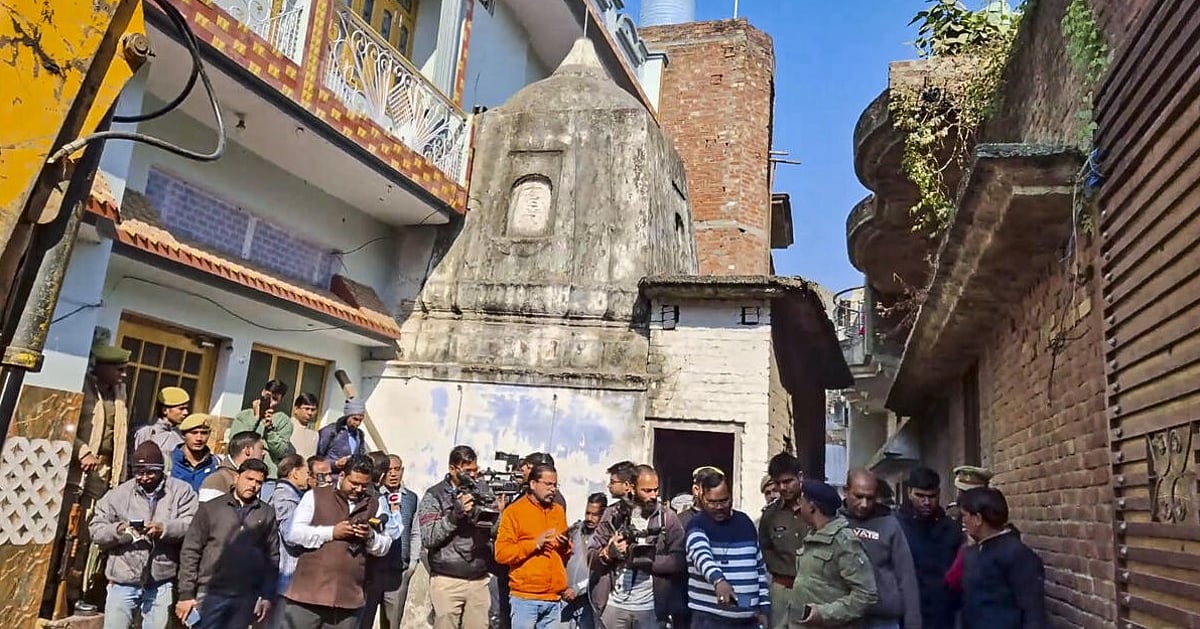 |
|
The news report details the proactive demolition of homes by Muslim residents near an 'ancient' temple in Sambhal, India. Driven by fear of impending action by the Yogi Adityanath government, these residents chose to raze their own properties to salvage what they could from their belongings. This action highlights the climate of fear and apprehension within certain communities under the current administration. The residents' decision suggests a lack of trust in the government's intentions, fearing that a government-led demolition would leave them with nothing. This underscores a deeper issue of perceived injustice and the potential for displacement and dispossession.
The incident raises serious questions about the rights of the affected individuals and the potential violation of their property rights. The fear of arbitrary demolition, without due process or adequate compensation, reflects a concerning lack of security and legal recourse for these residents. The government’s implicit role in creating this climate of fear is a major point of concern. The lack of transparency and potential for abuse of power necessitates a thorough investigation into the circumstances leading up to the self-demolition. Were there any prior notices or warnings issued by the authorities? What is the legal basis, if any, for the potential government demolition? These questions must be addressed to ensure accountability and prevent future occurrences.
This incident is symptomatic of a larger societal issue concerning the relationship between the government and minority communities in India. The perceived threat to their homes and livelihoods necessitates a broader discussion regarding the protection of minority rights, the safeguarding of property rights, and ensuring equitable treatment under the law. The need for transparency, due process, and fair compensation in any eviction or demolition procedures is crucial. International human rights standards should also be considered, including the right to adequate housing and protection from arbitrary displacement. Independent investigations into such events are essential to uncover the truth and to ensure that justice is served.
Furthermore, the media’s portrayal of such events plays a significant role in shaping public perception and influencing government actions. Responsible journalism is crucial in accurately reporting facts, avoiding sensationalism, and promoting an environment of understanding and dialogue. The incident highlights the need for open and honest communication between the government and affected communities. Building trust and promoting mutual understanding are essential in preventing further conflicts and ensuring the well-being of all citizens. The government must take proactive measures to address the root causes of these fears and work towards building trust and confidence amongst all communities.
The story also invites consideration of the broader political and social context within which this event took place. The specific actions and policies of the Yogi Adityanath government, particularly regarding religious minorities, must be analyzed within a larger historical framework. What impact have specific laws, pronouncements, and actions by the government had on the sense of security and well-being of minority communities? Examining these contextual factors allows for a deeper and more comprehensive understanding of the underlying causes of the incident. It also prompts further discussion on how to prevent future occurrences through both legislative changes and shifts in government policy.
Source: Muslims proactively raze own homes near Sambhal's 'ancient' temple, fearing Yogi government action
